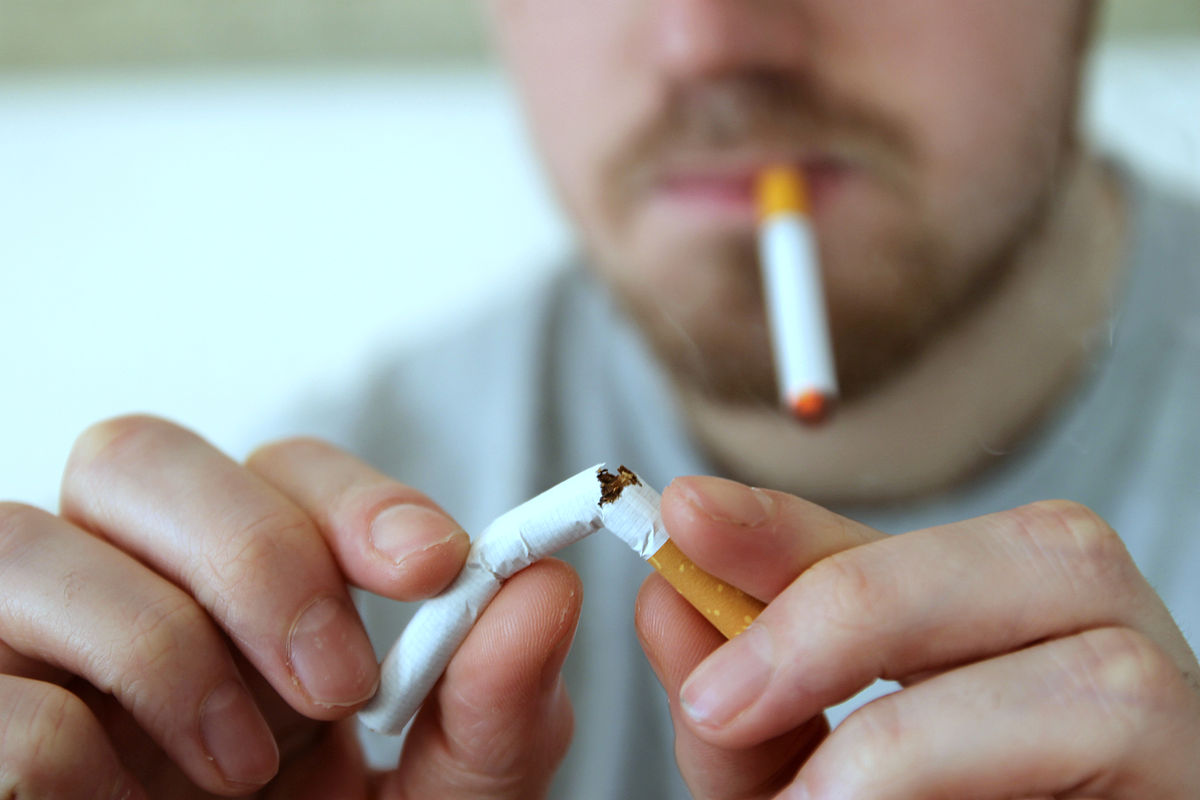An editorial about early-onset cancer incindence by two experts from the Centre for Public Health at Queen’s University (UK) published on September 5 rings the alarm bell with an arresting title: “Shifting tides: the rising tide of early-onset cancers demands attention.” And it instantly woke up social media, which responded with a raft of tweets (25 to date), among them:
Early onset cancer cases rise 80% in past three decades, @BMJOncology survey finds
Stark findings highlight need to increase research into causes and more effective treatmenthttps://t.co/ZiMGqIy2ST
— BMJ Oncology (@BMJOncology) September 6, 2023
Cancer is one of the leading causes of death worldwide: In 2020, this disease was responsible for one in six deaths — roughly 10 million people. Breast and lung cancer are the most common types of cancer, albeit breast cancer is not the deadliest. In fact, lung, colon, and liver cancer are among the most common types of terminal cancer (WHO data):
The most common in 2020 (in terms of new cases of cancer) were:
|
The most common causes of cancer death in 2020 were:
|
Cancer develops when normal cells transform into tumour cells. This can be due to multiple factors, such as habits (tobacco, drugs, alcohol), radiation (ultraviolet or ionizing), and infections.
Although the probability of cancer grows with age, every year roughly 400,000 children worldwide develop cancer. So far, it was thought that cancer was more prevalent among older adults but that’s not the case anymore.
A new trend of rising cancer among the young has now been confirmed.
The incidence of early-onset cancer
The authors of the editorial, Ashleigh Hamilton and Helen Coleman, called attention to the findings of a BMJ study published earlier this year (in May) that took the data from the Global Burden of Disease (GBD) 2019 database and defined early-onset cancer as cancer diagnosed to people between 14 and 49 years of age.
The data was clear: Compared to 1990, the number of 2019 early-onset cases increased by 79.1%. Breast cancer had both the highest incidence and mortality rate (per 100k patients), whereas lung cancer showed the sharpest decline.
The number of early-onset cancer deaths also increased by 27.7% compared to 1990. Kidney and ovarian cancer were the two types with the fastest increasing trends in mortality rates.
North America, Oceania, and Western Europe were the regions most impacted by early-onset cancer cases in 2019, whereas the highest death rates were in Oceania, Eastern Europe and Central Asia.
Related articles: Tobacco and Lung Cancer: Increasingly Women Are the Primary Victims | Afraid of Cancer or Getting Old? Soon There Might Be A Pill For It | Not Only Covid Vaccines: Promising Medical Breakthroughs in 2022
However, it is worth noting that Africa’s systems for cancer screening and reporting are not sufficient to provide accurate data. For this reason, not all cancer cases might have been registered, altering the results of the study.
On the contrary, Western countries have more resources for both diagnosis and treatment of cancer, contributing to the higher incidence rate reported.
The causes of early-on cancer
Cancer can be influenced by several factors. According to the World Health Organization, “tobacco use, alcohol consumption, unhealthy diet, physical inactivity and air pollution” are all key risk factors.

The results of the BMJ study confirm that those are the same risk factors for early-onset cancer cases. For example, men have a higher mortality rate for tracheal, bronchus and lung (TBL) cancer compared to women; this can be attributed to tobacco consumption.
Air pollution is another risk factor for early-on cancer. In the case of women diagnosed with TBL cancer, apart from tobacco use, air and environmental pollution also played a part in the incidence rates.
Lifestyle — particularly diet — had a strong influence on colorectal cancer (CLC). A diet poor in milk, whole grains, and calcium can increase the chances of being diagnosed with this type of cancer. There was no significant difference between men and women.
Apart from specific foods, an overall high Body Mass Index (BMI) is also a risk factor for early-onset cancer. The increase in cancer cases among younger people over the last thirty years might be also due to the higher number of overweight and obese people.
Although cancer is still predominantly a problem for older people, Dr. Claire Knight, a senior health information manager at Cancer Research UK, calls for more research on early-onset cancer.
“We need more research to examine the causes of early onset cancer for specific cancer types, like our BCAN-RAY study that is looking at new ways to identify younger women at higher risk of breast cancer.”
Overall, the BMJ study suggests that “[e]ncouraging a healthy lifestyle, including a healthy diet, the restriction of tobacco and alcohol consumption and appropriate outdoor activity, could reduce the burden of early-onset cancer.”
Editor’s Note: The opinions expressed here by the authors are their own, not those of Impakter.com — In the Featured Photo: Pancreatic well-differentiated neuroendocrine tumour with salt-and-pepper chromatin, seen on Pap stain. Featured Photo Credit: Mikael Häggström, M.D.










